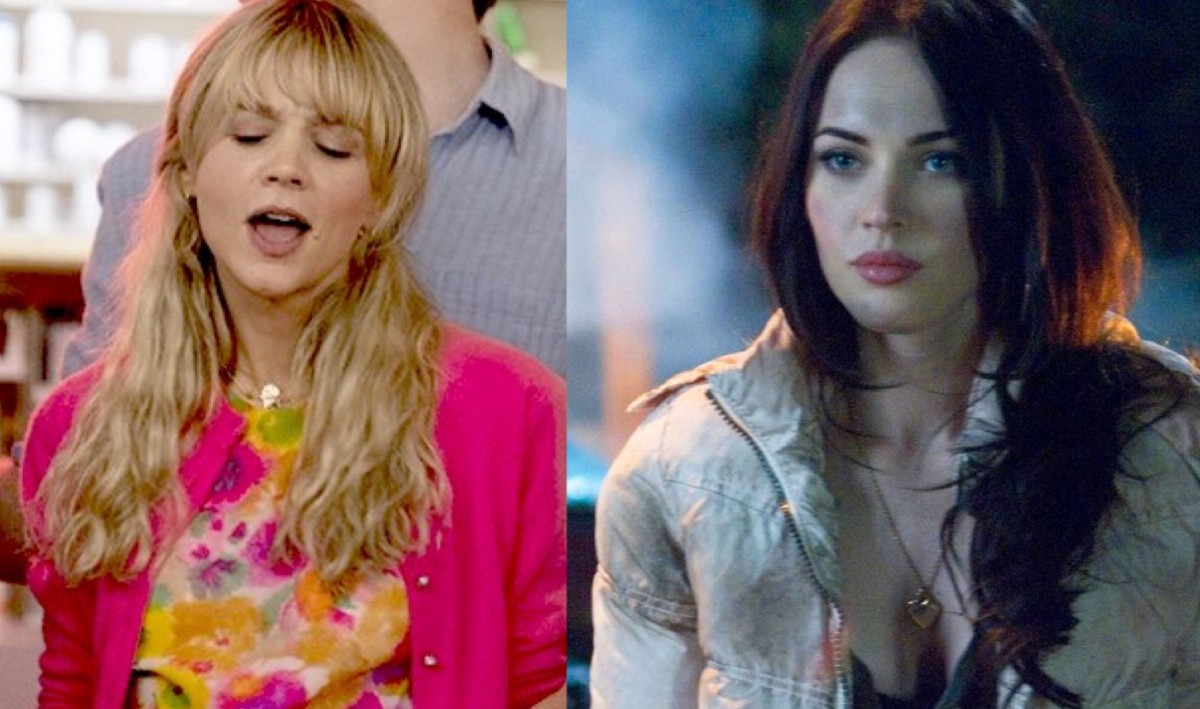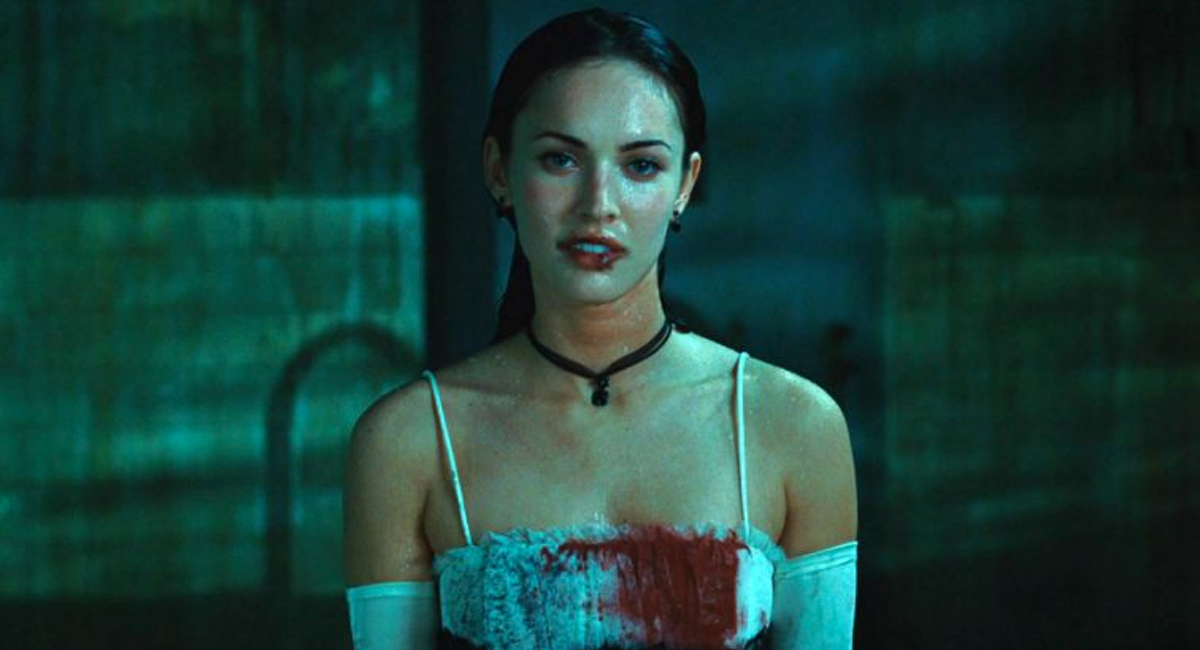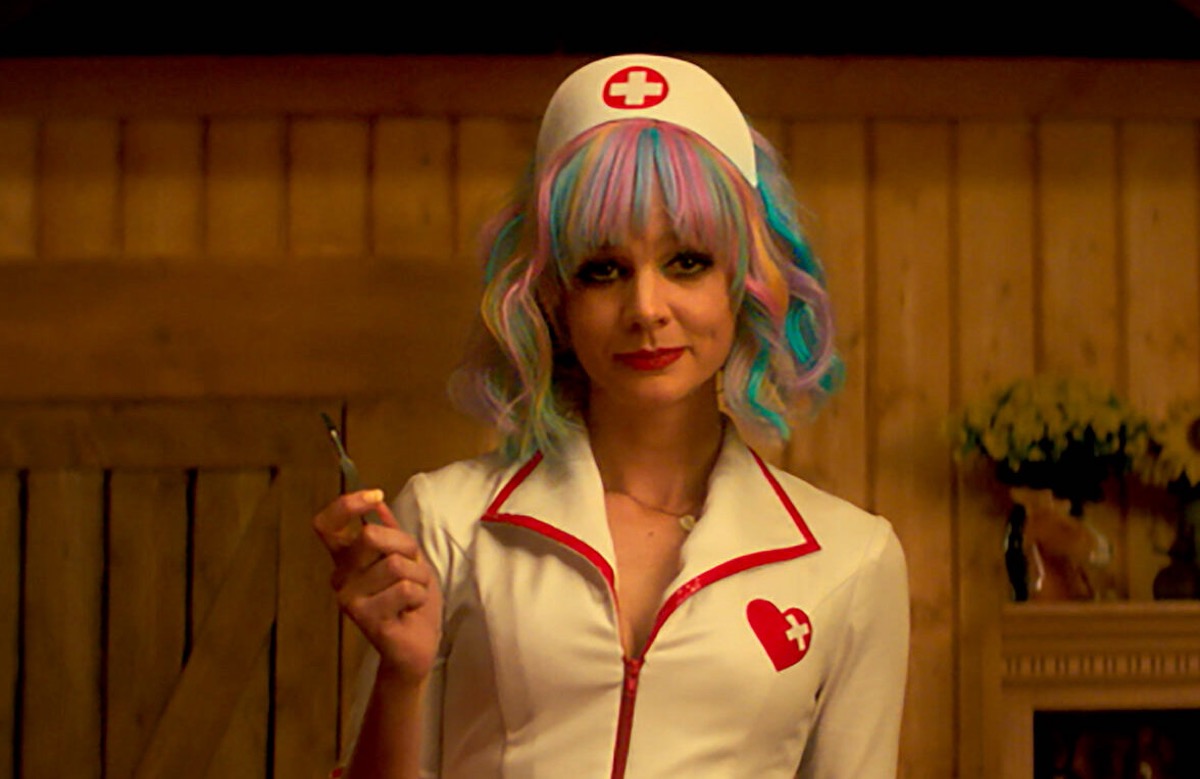Promising Young Woman, Jennifer’s Body, and the Importance of Marketing with Female-Focused Films


**Spoilers for Jennifer’s Body and Promising Young Woman.**
**Trigger warning for discussion of rape, sexual assault, and murder.**
While the film industry remains male dominated, there has been a rise in female-led and focused films in recent years. However, because of that shift, it has become more vital than ever to properly market these films, lest they lose or mislead their audience and end up crippling their own resonance in the process.
As such, we can look to female-focused movies of both the past and present to give an idea of the future.
Jennifer’s Body (2009) is a horror movie focused on the toxicity of teenage female friendships. Written by the Academy Award winning writer of Juno, Diablo Cody, it tells the story of “Needy” and Jennifer, two childhood friends whose friendship is eventually destroyed by Jennifer’s transformation into a succubus.
However, because the titular Jennifer was played by Megan Fox, fresh off her role in Transformers, the executives and marketing team chose to appeal only to a young male audience, focusing less on the toxic female friendship in favor of “Megan Fox kissing Amanda Seyfried = HOT.”

(20th Century Fox)
Literally, Cody has said that when she tried to contact the marketing team about their mishandling of the movie, they sent back a message reducing the film’s appeal to three words, “Megan Fox Hot,” ignoring the actual plot and themes and content of the film. They even attempted to have Megan Fox do a Q-and-A for the movie on an amateur porn site. (Keep in mind that her character was supposed to be a teenage high schooler.)
This is especially horrifying in hindsight, both due to the rape allegory of Jennifer’s transformation into a man-eating succubus and due to Fox’s own bisexuality having been coopted by her constant sexualization.
Thankfully, the movie has become something of a cult classic and has received retroactive recognition from young women, teenage girls, and LGBTQ audiences. However, the damage has already been done, and while Fox, Cody, and director Karyn Kusama enjoyed working on the project, their careers were damaged by the movie’s poor performance and reception. Meanwhile, the marketing team responsible has been able to remain anonymous for their part in sabotaging the film.
In contrast, Promising Young Woman (2020) has had very female-led marketing, with the actresses and writer/director Emerald Fennell leading the charge with lots of interviews in which they get to use their own words to talk about the movie. Despite its release being pushed, like all other 2020 movies, from April (Sexual Assault Awareness Month) to December 25th (because nothing says Christmas like a story about structural misogyny and rape culture), the movie has grossed $6 million worldwide on a very small (though still unstated) budget.
That is not to say that there have not been some issues with the marketing.

(image: Focus Features)
Promising Young Woman’s first trailer marketed the film as a social horror movie in the vein of Get Out and Midsommar, with the trailer implying that the main character Cassie faked being drunk to kill (“attempted”) rapists, even giving the movie the tag line “Take her home and take your chances.”
However, the movie itself quickly reveals that she is not physically harming these men in any way, instead simply shaming them and using the chance to prevent another girl from being raped. In the end, when Cassie does attempt physical violence against the man who raped her best friend Nina, which resulted in Nina’s eventual suicide, Cassie is murdered by him instead.
This turns a revenge story into a story about the self-destructive costs of revenge and single-minded pursuit. The director even stated that in her mind, the movie ends when Cassie’s body is burned by her murderer, leaving no justice for Cassie or Nina.
While the theatrical ending does finish with Cassie getting the last laugh and sending the evidence to the police, many people still left with a bad taste in their mouth, feeling cheated out of the revenge fantasy and catharsis they were promised. As such, they are more likely to harshly judge the movie or write it off altogether.
Also, while there is something to be said for the harsh reality portrayed in the “director’s cut,” it also makes it so that the rape apologists that Cassie targets earlier in the movie suffer harsher consequences than the actual rapists. Even the theatrical ending feels flawed considering the past hour and a half being devoted to pointing out all the ways institutions fail rape victims (from universities failing to expel accused students to lawyers to juries attacking the victims more harshly than the rapists), only for the police to be the ones to save the day and arrest Cassie’s murderer/Nina’s rapist.
That being said, the movie has enjoyed great critical success, receiving a 91% on Rotten Tomatoes for critics, and an 88% for audiences, indicating that even misleading marketing can be countered by having women advocate for themselves.
Of course, both Jennifer’s Body and Promising Young Woman were still critiqued by certain audiences/critics for “not being sexy enough,” so I guess that goes to show there will always be the people who don’t get the point.
The trick ends up being to get more of the other type of people in the seats.
So, what do we need from marketing, especially for female-focused films?
Honestly, it just shows how we need more women in marketing for movies.
Women have been making great strides in representation behind the camera, with 2020 seeing women taking much greater roles as producers (40%), directors (38%), writers (35%), executive producers (33%), editors (28%), and cinematographers (16%).
But if women are not the ones advocating for their filmes, showing that there are movies by women for women, being accurately portrayed as such in their marketing, then there is still the risk of tempering the success of women.
The Male Gaze filters everything—every movie, every commercial and trailer, every advertisement, every piece of media—but that doesn’t mean the filter can’t be worked around or tempered so it doesn’t distort the original image.
And the more women we have behind the lens and behind the scenes, the more force we have to push against it, and the greater chance women have of making their voices heard, in movies and outside of them.
(featured image: Focus Features/20th Century Fox)
Want more stories like this? Become a subscriber and support the site!
—The Mary Sue has a strict comment policy that forbids, but is not limited to, personal insults toward anyone, hate speech, and trolling.—
Have a tip we should know? [email protected]
